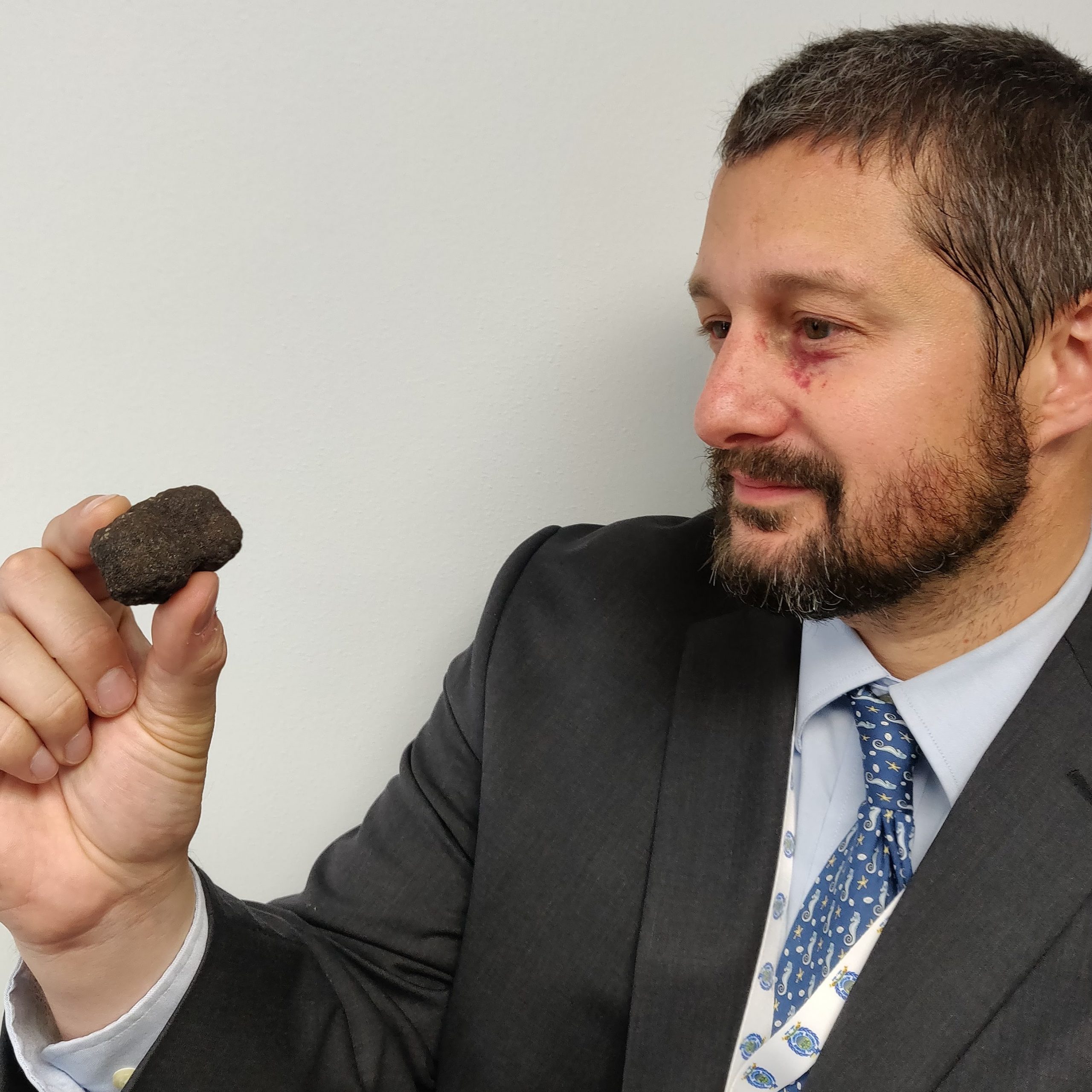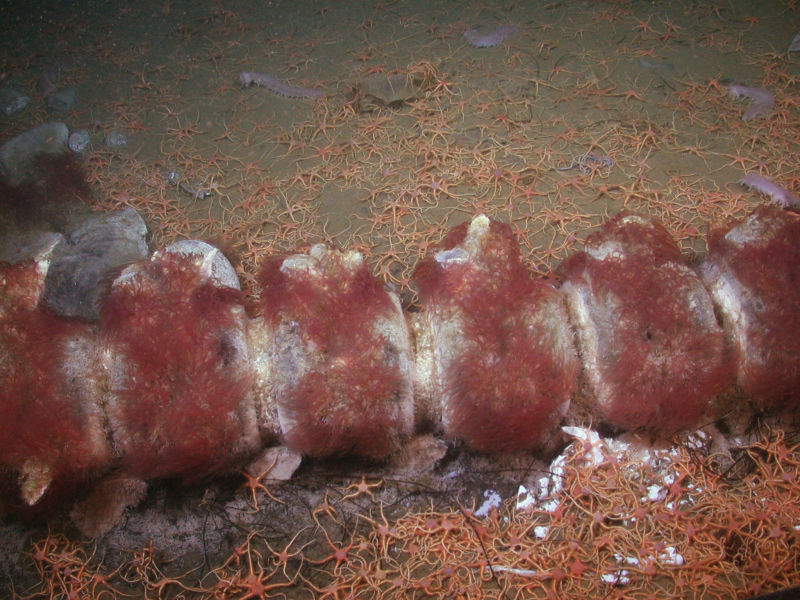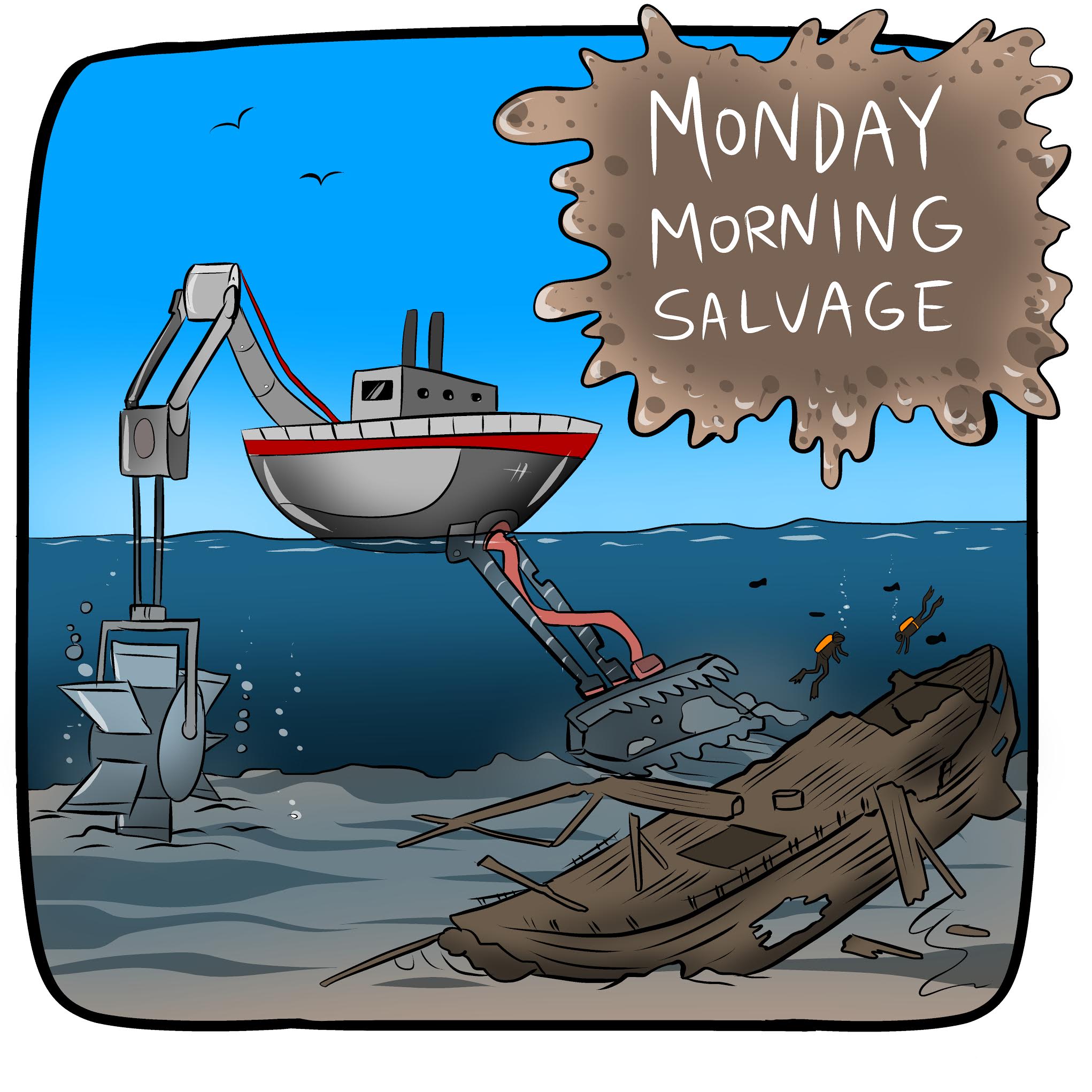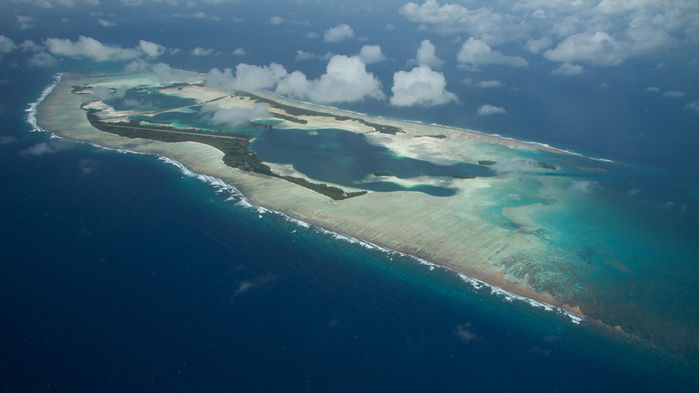
Foghorn (A Call to Action!)
- Take a moment. Breathe. Then get back to work.
Flotsam (what we’re obsessed with right now)
- Here Are All the Candidates With Science Backgrounds Who Just Got Elected. Note, my representative, Dr. Andy Harris, MD, also has a science background and he’s an awful, incompetent, ineffectual, and embarrassing representative, so having a “science background” isn’t everything.
- Mining the deep ocean will soon begin. What will that mean for existing denizens of the abyss? Featuring Drs. Diva Amon and Leigh Marsh!



